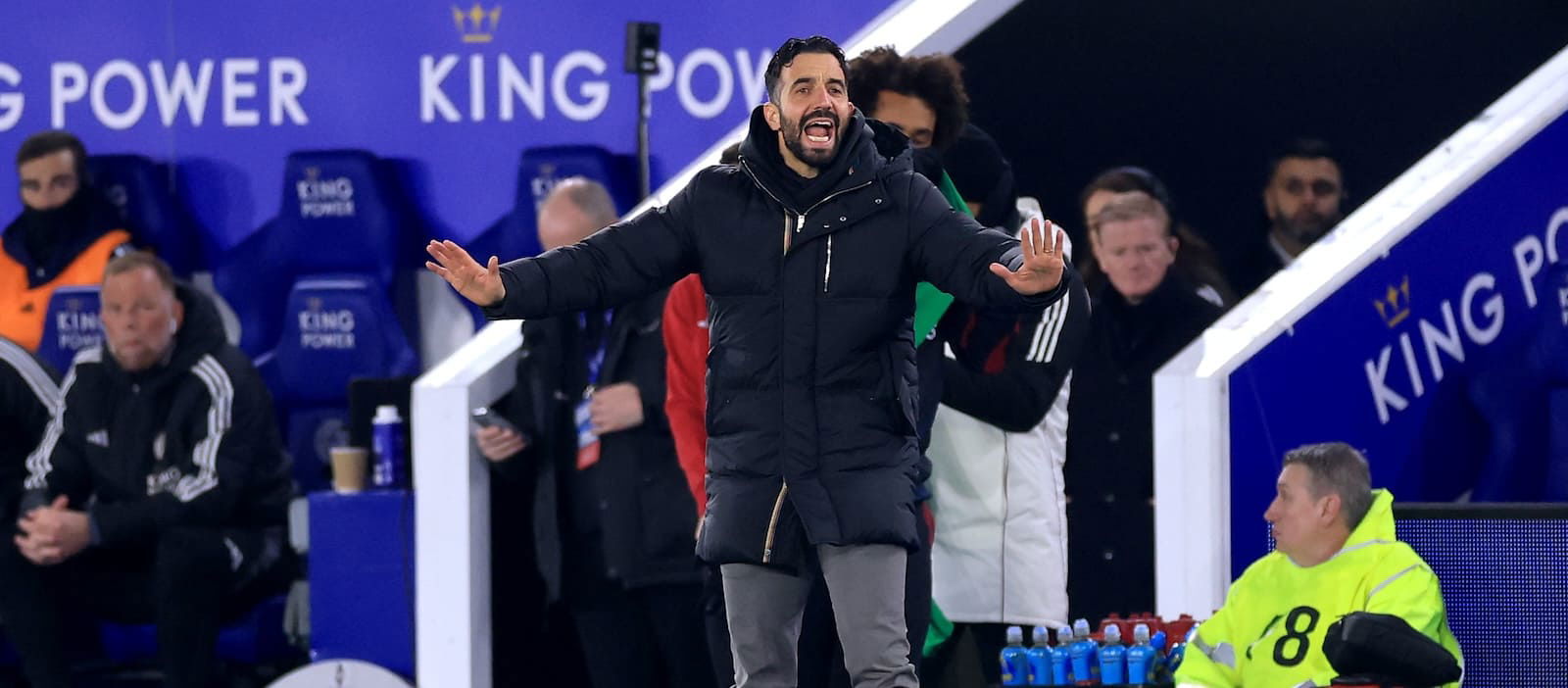Stay informed with free updates
Simply sign up to the Electric vehicles myFT Digest — delivered directly to your inbox.
Chinese carmakers said they were not seeking to “overthrow” Europe’s legacy manufacturers with cheaper electric vehicles in an attempt to allay fears among European rivals over their aggressive international expansion.
Several leading Chinese carmakers including Xpeng and GAC in Paris for the biennial motor show pledged their long-term commitments to the European market amid a trade war between Brussels and Beijing and warnings of an “invasion”.
“We’re a 10-year-old company. We’re not going to overthrow anybody who’s developed over 100 years,” Xpeng co-president Brian Gu said as the company showcased an electric saloon with highly advanced artificial intelligence technology.
Gu added that the company wants to position itself as the provider of “premium electric vehicles” in Europe, although it may also consider offering more compact models with affordable pricing. “We don’t want to be competing on price. It’s not our goal,” he added.
The Chinese start-up is also “open to doing more with Volkswagen” after the two companies agreed a deal this year to develop two electric vehicles, according to Gu.
GAC, a Chinese state-owned carmaker making inroads in the region, struck a similarly conciliatory tone on the economic benefits of its entry into European markets, highlighting how it could end up working with the region’s suppliers.
“When we come to the European markets, we come with an attitude to co-operate,” said general manager Feng Xingya. “We’d like to co-operate with partners in the industry chain and also provide and cater for the needs of European consumers.”
The comments from Chinese carmakers — out in force in Paris, where their cutting edge electric designs went up against homegrown models — come against a backdrop of growing political anxiety over the risks implied for Europe’s industry.
EU member states agreed in early October on tariffs of up to 45 per cent on Chinese EVs in an effort to thwart their advance. Local manufacturers from Volkswagen to Stellantis, the maker of Peugeot and Fiat, have issued a string of profit warnings, casting doubt on the future of European factories which are wrestling with overcapacity amid falling vehicle demand.
Some of the European carmakers’ comments about Chinese rivals have been more muted, in part because they want to team up with some of their competitors from China to improve their own technological edge.
The chief executive of France’s Renault vowed on Monday to fight back against the advances of Chinese carmakers, but equally called for more collaboration especially in the area of battery supply chains where Chinese companies control key ingredients.
“They want a share of the cake and in exchange we probably need some help,” said Renault chief executive Luca De Meo. The company is developing its electric car facilities in northern France thanks in part to a partnership with China’s Envision AESC, which will provide the carmaker with batteries.












